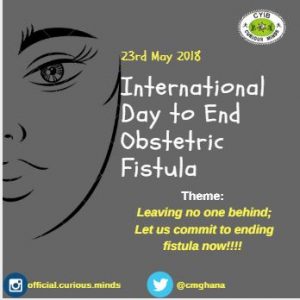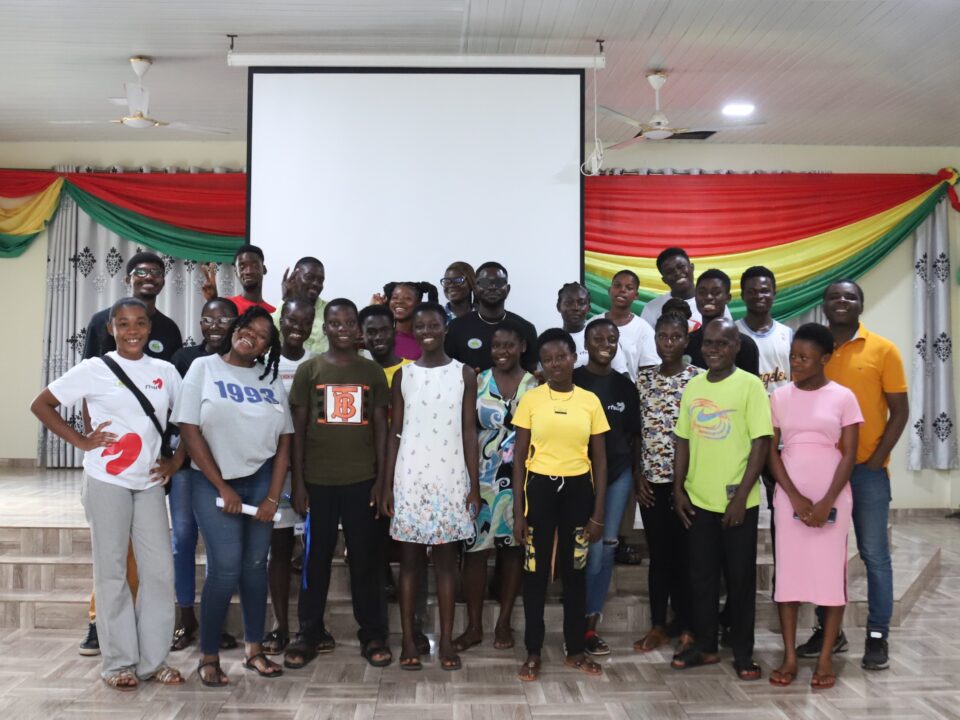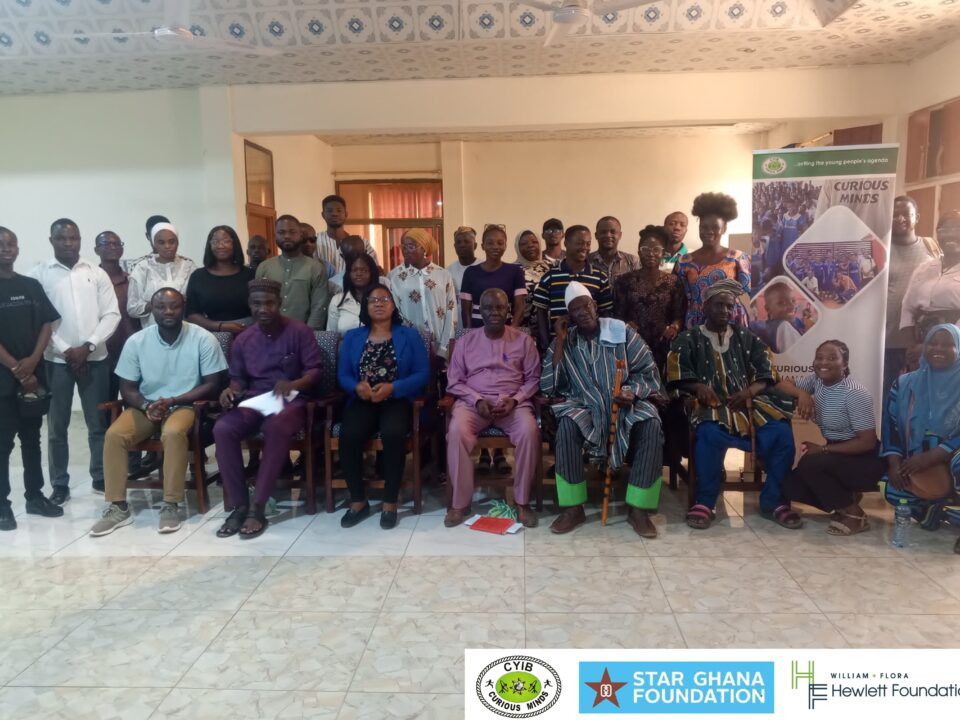
PHASE 2 OF NATIONAL PLAN OF ACTION TO ELIMINATE CHILD LABOUR LAUNCHED
May 15, 2018
UNFPA LAUNCHES “100 IN 100” INITIATIVE ON OBSTETRIC FISTULA.
May 30, 2018
Dr. Grace Gyimah-Boateng Medical Officer, Sonotech
Obstetric Fistula is an injury to the birth canal, resulting from prolonged labour that has devastating physical and psychological effects on women’s lives. Its persistence reveals vast inequalities in access to reproductive health care.
This disorder is a hole between the birth canal and the anus or the bladder. When the unborn infant remains in the birth canal for too long, it place too much pressure on the mother’s internal vaginal wall cutting off circulation and tearing the wall.
The condition leads to incontinence of urine and faeces and other medical issues for a mother. If labour is left for too long, the infant, the mother or both could die from this condition. This condition deprives mothers the joy that comes with childbirth. In the past, most of these women were kept in the homes and could not come out because of the stench from the incontinence and stigma attached to it. It makes them demoralized and they are unable to fit in society .
It is imperative on us all to contribute our quota to reduce this menace by ensuring accessible and available healthcare services to all.
Reasons for early treatment of Obstetric Fistula
- When Obstetric fistula is identified and treated early, it has a very good prognosis: The disorder, when identified early is treated through Urethral Catheterisation Foley Catheter (a flexible tube which a clinician passes through the urethra and into the bladder to drain urine) is recommended due to its balloon nature which holds the bladder in place.
- The Foley Catheter drains the urine from the bladder
- Early treatment decompresses the bladder wall so that the wounded edges come together and stay together, giving it a greater chance of closing naturally.
 According to data collected by the Director of Nigeria National Fistula, patients with Obstetric Fistula who are treated within 75 days post partum are cured completely with the use of the Foley Catheter without the need for surgery.
According to data collected by the Director of Nigeria National Fistula, patients with Obstetric Fistula who are treated within 75 days post partum are cured completely with the use of the Foley Catheter without the need for surgery.- The systematic use of the Foley Catheter by midwives after the onset of urinary incontinence could cure over 25% of all new Fistula cases each year without the need for surgery.
As we celebrate International Day to end Obstetric Fistula, lets all come on board to support women’s health in various ways possible. Remember, no woman deserves to die whiles giving life. – Dr. Grace
Mavis Naa Korley
CYIB – Curious Minds



